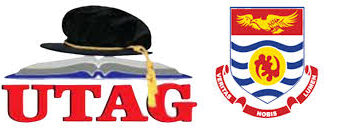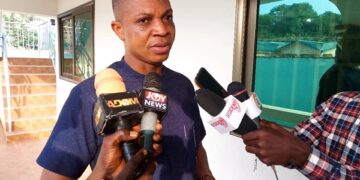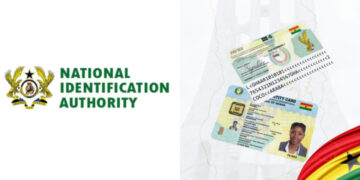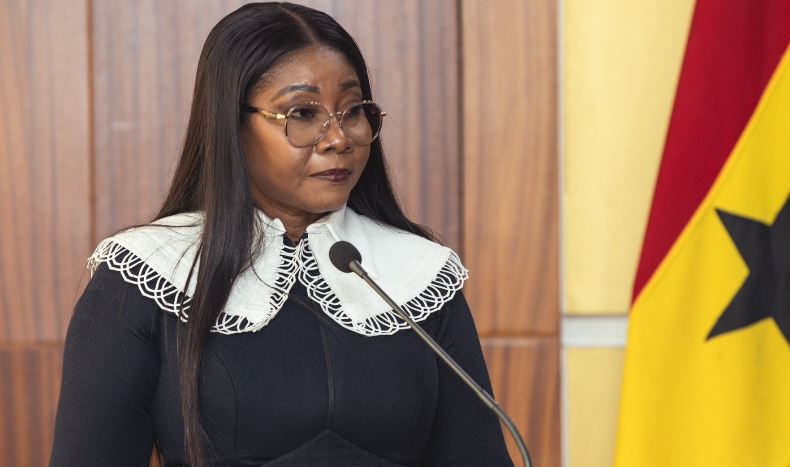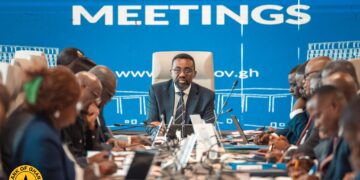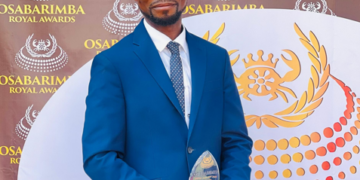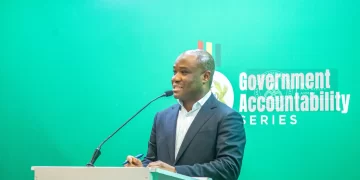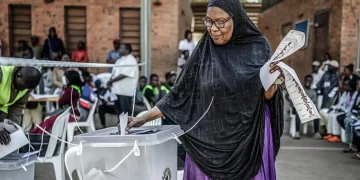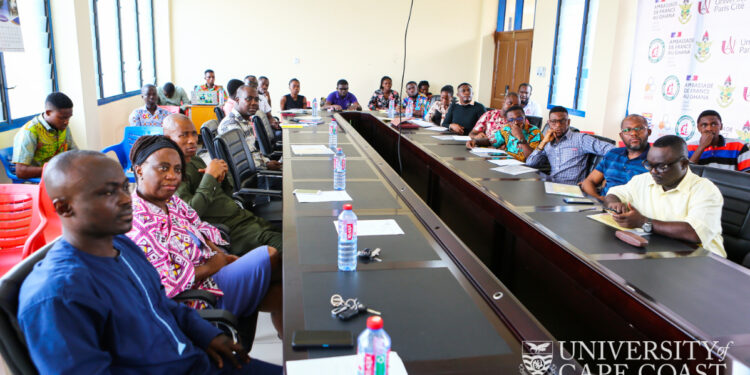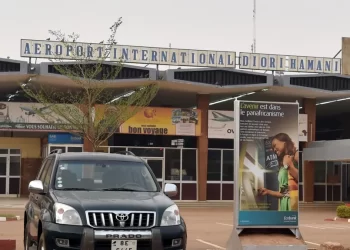The University of Cape Coast has hosted a four-day training workshop to build the capacities of faculty and postgraduate students on detecting pathogens.
The workshop, which was on the theme “Strengthening and Building Research Capabilities using Lamp Techniques as a Prototype for Detecting Pathogens”, is a joint project by the French Embassy in Ghana, Kwame Nkrumah University of Science and Technology (KNUST) and University of Cape Coast (UCC).
Opening the workshop, the Provost of the College of Health and Allied Sciences (CoHAS), Prof. Martins Ekor, noted that the workshop would strengthen and position the two universities to be equipped to face future pandemics.
“COVID-19 has taught us a great lesson and we need to be prepared to tackle any unforeseen pandemic,” he said.
Prof. Ekor commended faculty members of KNUST and UCC for supporting the project and also thanked the French Embassy in Ghana for sponsoring the workshop.
The Provost of CoHAS called on participants to actively participate in the workshop so as to gain more insight that would help them contribute meaningfully to the fight against pandemic.
The representative of the French Embassy in Ghana, Dr. Florent Engelmann, , who joined the workshop via Zoom,said his outfit was ready to partner institutions to undertake research projects to solve challenges facing humanity.
He indicated that the Embassy in partnership with the Ghana Scholarship Secretariat would continue to provide scholarships to Ghanaians to study at undergraduate and postgraduate levels in France.
Present at the opening ceremony were the Dean, School of Graduate Studies, Prof. Sarah Darkwah and lecturers from KNUST and UCC.
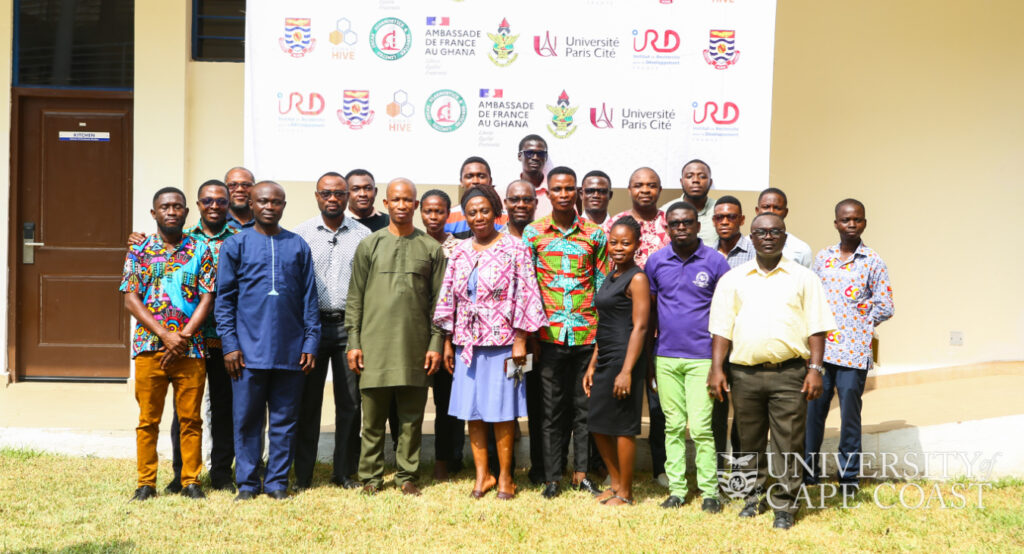
Source: Documentation and Information Section- UCC



